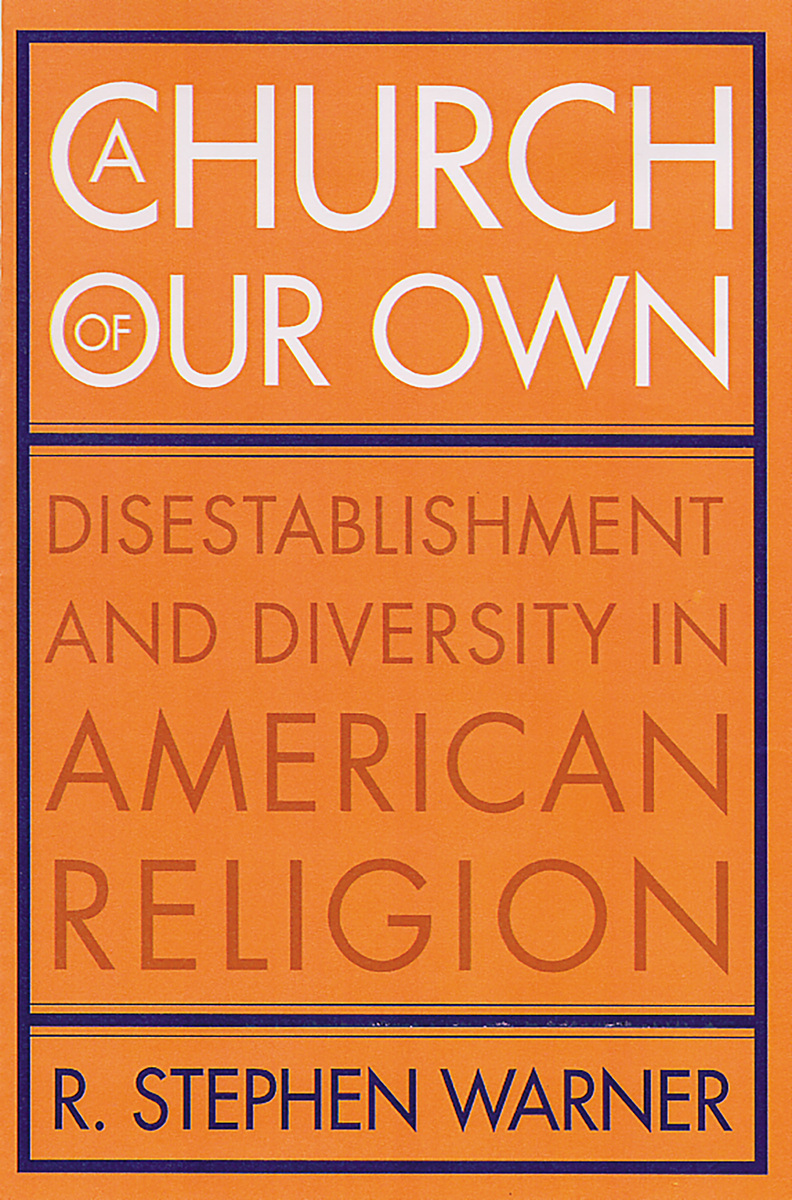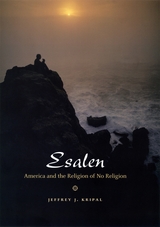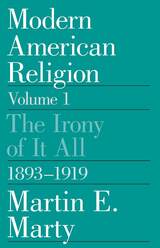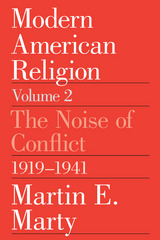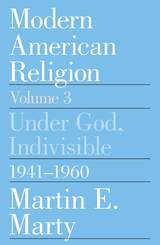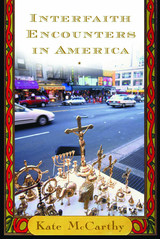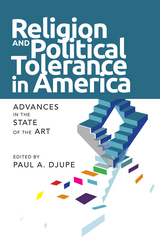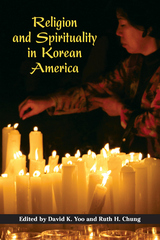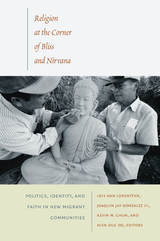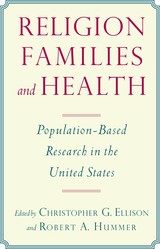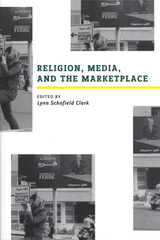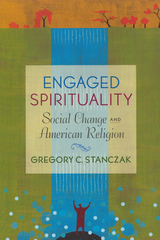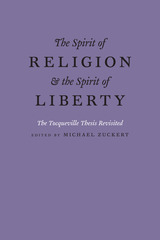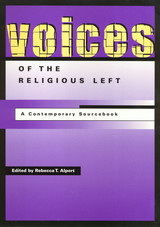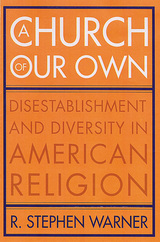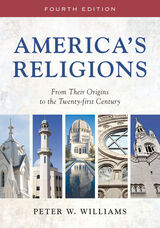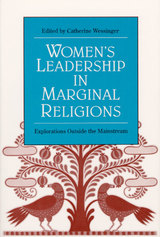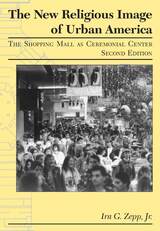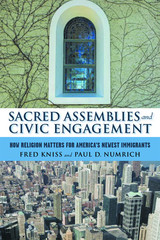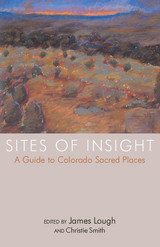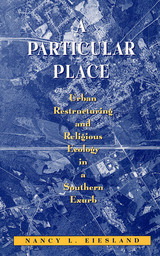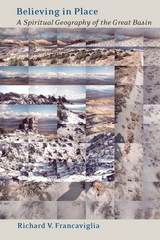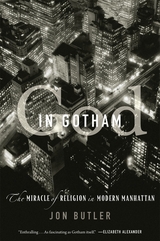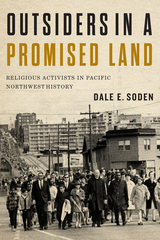Cloth: 978-0-8135-3622-4 | eISBN: 978-0-8135-6752-5 | Paper: 978-0-8135-3623-1
Library of Congress Classification BL2525.W385 2005
Dewey Decimal Classification 306.6773
In this definitive collection of essays spanning fifteen years, R. Stephen Warner traces the development of the “new paradigm” interpretation of American religion. Originally formulated in the 1990s in response to prevailing theories of secularization that focused on the waning plausibility of religion in modern societies, the new paradigm reoriented the study of religion to a focus on communities, subcultures, new religious institutions, and the fluidity of modern religious identities. This perspective continues to be one of the most important driving forces in the field and one of the most significant challenges to the idea that religious pluralism inevitably leads to religious decline.
A leading sociologist of religion, Warner shows how the new paradigm stresses the role that religion plays as a vehicle for the bonding and expression of communities within the United States—a society founded on the principle of religious disestablishment and characterized by a diverse and mobile population. Chapters examine evangelicals and Pentecostals, gay and lesbian churches, immigrant religious institutions, Hispanic parishes, and churches for the deaf in terms of this framework. Newly written introductory and concluding essays set these groups within the broad context of the developing field. A thoughtfully organized and timely collection, the volume is a valuable classroom resource as well as essential reading for scholars of contemporary religion.
See other books on: American Religion | Christian sociology | Church | Diversity | Our Own
See other titles from Rutgers University Press
